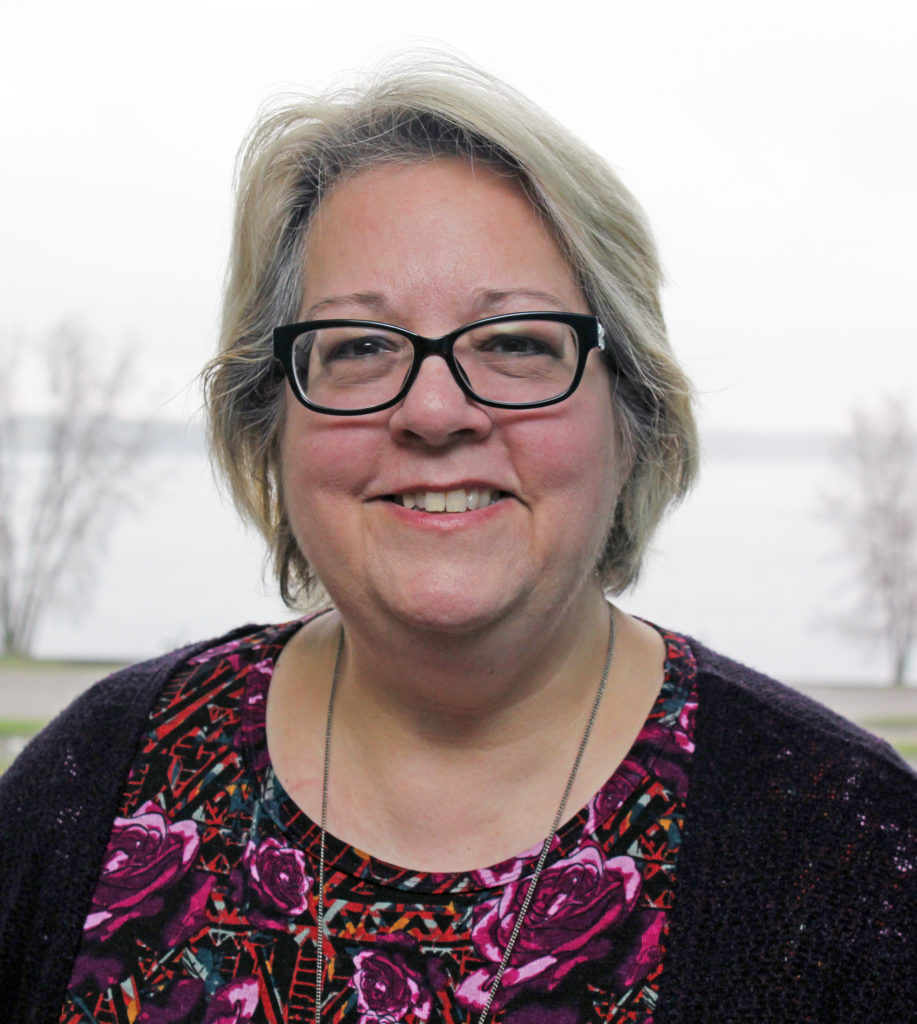By Beth Bolthouse, MA, MS, LPC
Growing older means we experience more changes, and each change involves a loss of some kind. If a loved one died, we may ruminate about their final days, reviewing decisions that were made. Health issues can impact our lives; we wonder how to continue things we enjoy. Other losses may contribute to a sense of uncertainty about the future. Sometimes we beat ourselves up for what we did or didn’t do instead of affirming the ways we handled difficulties in our lives.

To begin, it’s important to evaluate and CHALLENGE our belief system – about ourselves, others, the world, even God or spirituality. As we age, we realize that what we used to take for granted can be disrupted without warning. We may question many of the things we used to take for granted or believed to be true. Things happen that turn our world upside down, and we are not the same. We doubt what we used to trust, and fear what we used to feel confident about. Identifying and acknowledging our questions, doubts and worries helps us move into the next C – Courage.
COURAGE involves accepting the consequences of change – one of the most difficult yet most important things to do. We tend to resist facing and accepting how we are affected. Some consequences are physical (for example, moving to a different home); some are social (people we counted on have detached); some are financial (not having money to pay bills); some are spiritual (loss of faith or trust); some are mental and emotional (increased anxiety or feelings of insecurity).
Reviewing boundaries with ourselves and others helps us become more empowered during change. A boundary is simply deciding what “good” we would like to allow in our life, and what “bad” we would like to keep out. When bad things happen beyond our control, we still get to decide how we will think, feel and act regarding it. We cannot necessarily control what happens in our lives, but we can control our response or reaction to what takes place.
Embracing who we are now and who we will continue to become gives us the courage to realize that we are growing and changing. Acknowledge that growth and healing is a process; choose to accept that it is okay where and who we are now. This helps us look forward to the future as the beliefs and boundaries we are working on continue to develop.
Facing the future, we can set small goals and feel successful; we can set big goals and adjust them as needed builds our CONFIDENCE. There is no failure; we choose our thoughts and find positive ways to express them. This includes replacing “I should” with “I will,” increasing self-respect. Replacing “I have to” or “I can’t” with “I choose to” or “I am not willing to” reminds us we have choices. Replacing “I should have” with “next time I can” reminds us of opportunities rather than obligations. These shifts in thinking and communicating help us grow in our confidence.
Gratitude is a valuable tool which helps us to move through each of the 3 C’s. Life happens, losses have affected us significantly, and things will continue to change, but we focus on gratitude to empower us regardless of the changes that take place.
Bolthouse, B. (2019). From loss to life: how to transform your life after traumatic loss. Muskegon, MI: Author.
Doka, K. J. (2018). Growth in grief: A historical perspective. In K. J. Doka & A. S. Tucci (Eds.) Transforming loss: Finding potential for growth (pp. 5-17). Washington, DC: Hospice Foundation of America.
Article published in Senior Perspectives March-April 2020 Issue (distributed and published by Senior Resources)
About the author
Beth Bolthouse, a Bereavement Counselor for the Scolnik Healing Center of Harbor Hospice has been in her counseling profession since 2003. She has a Masters of Counseling from Cornerstone University and Masters of Science in Thanatology from Marian University. She is an avid lover of dogs, the arts and West Michigan.
For over 37 years, Harbor Hospice has provided compassionate end of life care for terminally ill patients and their families, addressing medical, emotional and spiritual needs regardless of ability to pay. Serving residents of lakeshore West Michigan, their team of professionals and volunteers connect patients and families with resources to align their goals of comfort and improved quality of life.
As a leader now in palliative and hospice care, Harbor Hospice and Harbor Palliative Care is committed to alleviating patients’ symptoms and providing choices to help the patient achieve optimum well-being.
